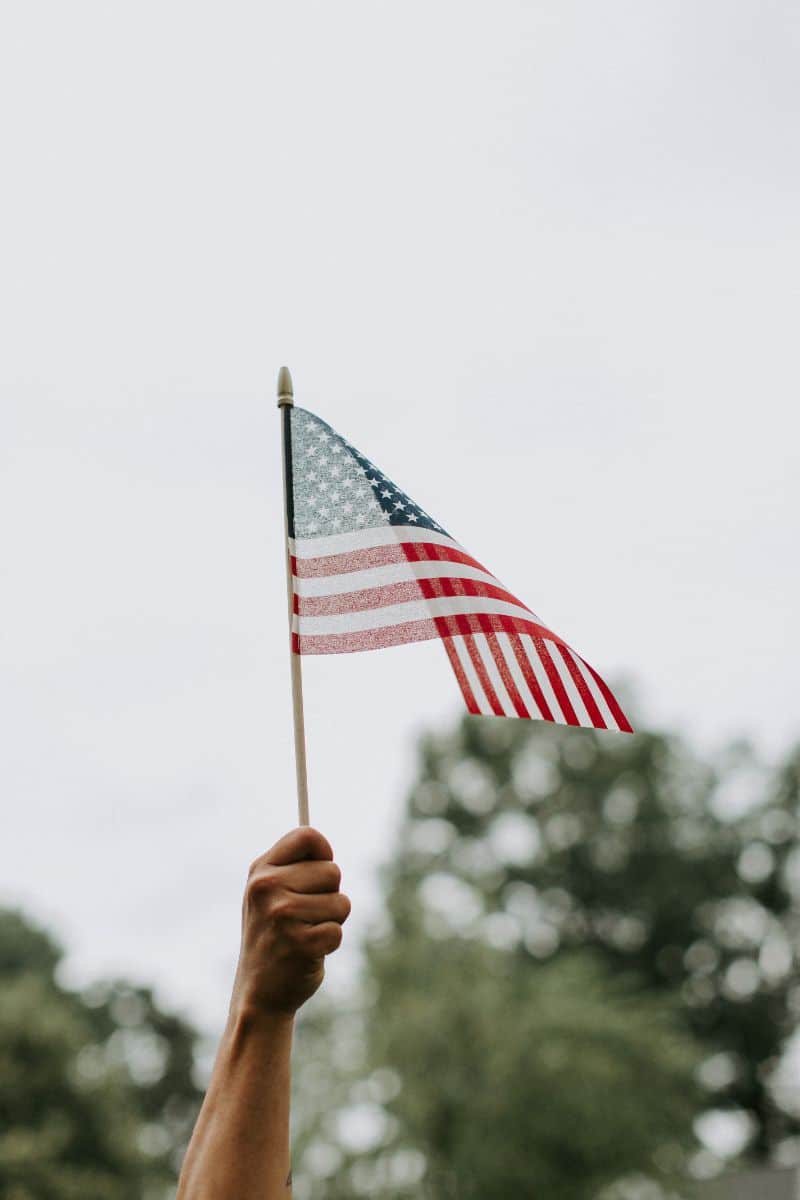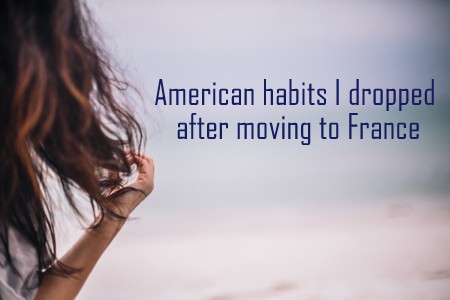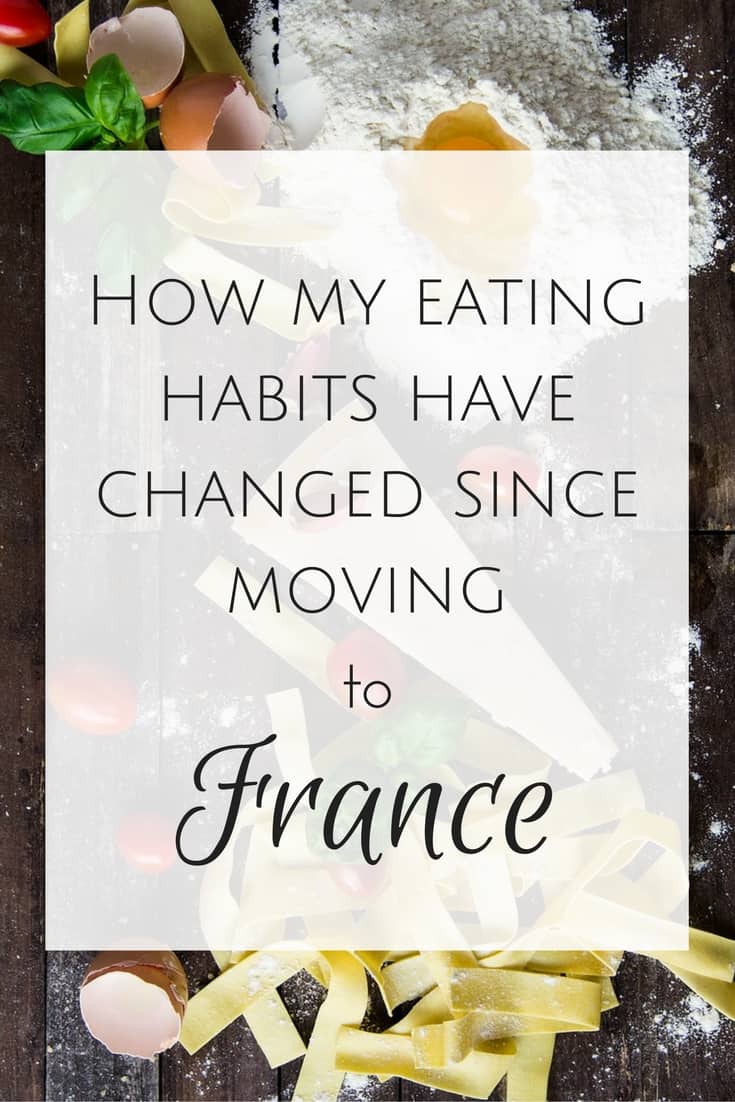The world would be a boring place if we were all the same. Learning about cultural differences is fascinating and fun. But sometimes it can be confusing, especially when cultural differences come across as rude. I recently wrote an article on 13 things tourists do that get strange looks from the French, but here we’re not talking about more strange things. Today, we’re focusing on American habits and norms that would come across rudely to French people.
First, cultural habits are not inherently good or bad. When we look at them through the lens of our own culture and life experiences, we can perceive them to be rude, polite, or good or bad. But they’re just differences and I think it’s important to not place judgment on them. We can learn, adapt, and try to be a good guest when we’re in another country and go from there.
I also think it’s important to point out that no one tries to be rude. I mean, sure, we all can have a bad day, but Americans doing the things below in France aren’t deliberate efforts to be disrespectful. Just like French people who don’t tip in the U.S. They aren’t trying to be rude, but if they don’t know what American tipping norms are, it comes across rudely when you stiff the waiter. Don’t worry, the reverse post is coming soon on what French things Americans find rude. You know, balance and all. 😉
It goes without saying as well that not every American engages in the behavior below and not every French person will find these things rude.
Anyway, I think education on cultural norms goes a long way and affects how we’re perceived abroad. If we can do our part by learning what we can ahead of time and being aware of our own biases and habits, it’s only going to be a good thing and help us to have better interactions with the French.
8 American habits the French find rude:
1. Being superficially friendly and not following through on plans to “go for a coffee sometime.”
While maybe it’s not the most socially endearing thing to do, Americans say things like, “We’ll have to go for a coffee soon, ok??” and then never go on to make actual plans. This can be a bit confusing to foreigners who take the friendly suggestion literally. Several French people have told me about times when this happened to them in the U.S. They’re still waiting for that friend to call them because they said a few months ago that, “We should get together sometime!” It comes across super rudely.
I think most Americans mean well and are just being friendly. Casually throwing around ideas for future plans is just something people say in the moment. Sure, some people do it insincerely, but I’d wager that most people who say things like this and never make it happen just get busy with life and don’t make it a priority. But the French person takes it literally because in French culture, if you say something like that, you mean it and it’s not something you leave up in the air.
If you’ve met someone who says something like this, take the lead and be the one to contact them to set up concrete plans. That way you aren’t left wondering.
2. Saying “mm-hmm” or “uh-huh” for you’re welcome.
Something you’ll hear in the United States instead of “you’re welcome” is a “mm-hmm” or “uh-huh.” It’s usually in response to a small favor like holding the door for someone. We wouldn’t say “mm-hmmm” if someone thanked us for saving their life, but for a small task or favor, “mm-hmm” is a normal reply. It’s kind of like “no worries” or “yup, I’ve got it” or “no problem” and just a very casual way to say “you’re welcome.” It’s not rude at all in this context.
But I’ve seen from my YouTube comments when I discussed this in a social norms video that French people (and other nationalities) find the American “mm-hmm” rude, almost like you’re saying “of course you’d better be thanking me for helping you.” But that’s not what it is at all.
3. Asking silly questions that reinforce stereotypes.
It’s one thing to be genuinely curious and ask respectful questions, but it’s another thing entirely to say things like, “I heard the French eat snails and frogs. How can you eat something so disgusting?” or “Are you sure you’re French… you’re fat!” (I actually heard this one in person and almost did a spit take). You get the idea. Just… no.
4. Making “jokes” like, “You’d all be speaking German if it wasn’t for us Americans.”
Do you know how many times I’ve heard an American say some version of this or make reference to a white flag (of surrender)? Too many to count. I see it ALL the time on my YouTube channel and a family member even said it to Tom once years ago, apparently all in good fun. Except it’s extremely rude, disrespectful, and won’t be well received.
Stop with the World War II references. You and the person you’re talking to probably had zero personal hand in WWII. All this does is reinforce French people’s Ugly American stereotypes and we don’t need any more of that.
5. Compliments that lead to asking how much something cost.
In some areas of the U.S., it’s pretty commonplace when out and about for people to compliment others they don’t know as a means of small talk. People even ask where a stranger might have bought something and how much it cost. While it might get under some Americans’ skin too, the fact is that it happens. But not in France.
This sort of thing occurs pretty frequently when I’m in FL and I remember a few instances of overly friendly people asking where I bought something when my dad and I visited Georgia and other southern states on a road trip. These were always people I didn’t know. I was asked where I bought the bag I was wearing as well as a bracelet. PEOPLE, USE GOOGLE FOR THAT!
Being told by someone that they liked my bag was nice and appreciated but why not leave it there? Asking me how much it cost made the situation turn five shades of awkward really fast. In France, replace awkward with rude. Small talk is a fine art in France, so save the more personal questions for people you know. The French draw a line between the public and private sphere and don’t cross it out of respect.
6. Making food substitutions at a fancy restaurant
Food allergies aside, if you’re eating at a high-end French restaurant, order your dish without making any substitutions. Food substitutions that deviate from what’s written on the menu are done way less in France than in the U.S. Asking for the chef to prepare your meal without one of the key ingredients he/she chose just because you don’t care for it isn’t always possible or appreciated.
It comes across like you’re saying, “I know better than you, trained French chef who put time and effort into bringing the perfect flavors and textures to this dish. I don’t respect the food the way you made it.”
Here’s a personal example. I didn’t think I liked capers but I went with it. When I tried them as an accent on an expertly prepared dish at a Michelin-starred restaurant, they were the perfect complement and delicious. Another example is when I’ve seen tourists, well heard them actually, asking for their steak well done at a restaurant that will remain nameless. The chef personally came out to the table to explain how insulting it would be to overcook the meat. So trust the chef. The customer is not always right!
Now let me clarify one thing. French chefs are not monsters. But they take pride in their work so it’s best to respect that. If you’re eating at a casual restaurant and a pizza comes with an egg, which is common, you can ask for it without the egg, no problem. Or a salad without olives or something like that. That won’t be an issue. I’m talking about restaurants that are more gastronomy focused and each meal is a creation.
7. Starting a conversation without saying bonjour
This one will get you in hot water. Always, ALWAYS say bonjour in France when approaching anyone for anything, no matter how small. Say it before you say excuse me and definitely before you ask for directions or ask a question. I’ve talked about this at length, so read this post on why bonjour is the most important word in France for more context.
8. Taking photos of things without asking.
In busy touristy areas, it’s only normal to take photos of things you see that interest you, including people. Most of the time you won’t have any issues as tourists (don’t photograph police/military) so go nuts taking pics of the Mona Lisa, the Eiffel Tower, and all the good stuff you see along the way.
But if you’re in a less crowded area on the street or even in a store or at the market, it’s a different story… yes, even in public. If you want to take a photo of a person or something they’re selling, the polite thing to do is to ask first. If the photo is going to be shared or used commercially, it goes beyond just being polite. It’s actually the law. Read up on the droits à l’image in France.
If you’re a tourist, not asking won’t get you arrested or anything, but I’ve been scolded for taking a photo of a vendor’s paella at the market without asking first. In France, be aware of the public’s right to privacy.
***
What normal American habits would you add to my list of what the French might find rude? If you liked this post, definitely read the reverse post of what French habits Americans find rude!
For even MORE FRANCE TIPS, grab my France travel guide priced at just a few bucks!
PIN IT:











Bonjour Diane. I hope you and Tom are doing well. You are spot on with this post. It made me chuckle at the thought of criticizing someone for eating snails and frogs legs. That’s just ignorant and if someone actually tried them they might even enjoy them. I never miss a trip without at least one lunch or dinner enjoying escargot. And I’ll be willing to bet some even cringe at the thought of eating oeuf mayonnaise which is nothing like the deviled eggs served at picnics or barbecues elsewhere. I too find it ignorant when someone suggests making a date for coffee or coming for a visit without the sincerity of a follow up. And taking photos of strangers at work or elsewhere without asking if its ok??? That’s bad manners everywhere. I could go on but I’ll leave it to your other readers to comment.
Gigi is getting spayed tomorrow and I’ll be picking her up in Mount Laurel Saturday or Sunday. She’s a delightful little Frenchie. And of course she’ll want me to send photos to you and Tom.
Your articles are very interesting and educational and I thank you for the time and work you put into preparing them. Enjoy your week. Josef.
Bonjour Joe! Thanks so much for your thoughtful comment. Yes, please send me pics of Gigi. I’m so happy for you. As always, thanks for taking the time to read my content and so happy you find it helpful. 😉
number 3 really does seem extra offensive. i never thought of those jokes before this post, thank you for that
1 bothers me in the states too. feels flakey
i didnt realise the photo issue until one person from hungary asked me if i got permission to take a picture with somone else in it when she saw it on my facebook page.
thank you for this
You’re very welcome. Thanks for reading!
I agree with the French!
We’ve been here in France for 6 months now. Slowly building the speaking skills. It took me awhile to realize there are at least 2 ways to say You’re Welcome. The first I learned was “de rien” but that seems so nothing, maybe because it’s basically “it’s nothing”. But then I finally figured out what is a more formal way, “Je vous en prie”. So I am trying to remember this so I can use it.
But my husband started using “C’est bon” because he didn’t know what else to say. After reading your post to him, he asked me if ‘C’est bon’ is okay or if it means something else? What say you?
Hi Karen, c’est bon can mean a bunch of things like “it’s good” but isn’t really used as “you’re welcome.” Check out this article that explains it really well: https://www.fluentu.com/blog/french/cest-bon/
Speaking loudly in restaurants……..no wonder the Loud American reputation we have
Yep, I covered that one in the post I linked to in the intro so just didn’t want to repeat it but yes some people might absolutely find that rude! 🙂
Ah, photos. I spent a month in Paris in May 2015–after the Charlie Hebdo massacre in January, but before the Bataclan horror of November. I was walking along rue de Charonne one day and noticed a significant police presence in front of a building, which I quickly realized was a synagogue. The number of officers and the frightening firepower they were carrying was a real shock to me as a Canadian. I walked past the building and then stopped, planning to take a picture on my phone. Even before I was able to reach into my bag, every officer turned to stare at me and it was clear that if I had moved my hand a centimeter closer to my bag, I would have been at best arrested or at worst shot. It was quite the lesson.
I do a lot of photography, especially street photography. That said, yes, you must have permission to use a photo you have taken of a person, but you do not need their permission to take their photo if they are out in public. Basically street photography captures moments with the subject being unaware that they have been photographed. That said, I don’t publish or exhibit photos that contain people’s face, unless it is a posed shot with permission from the subject.